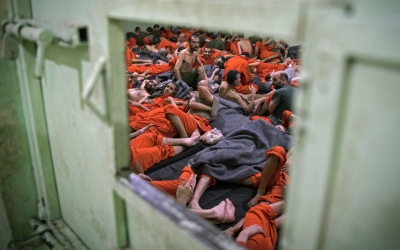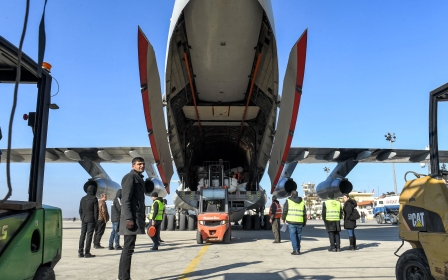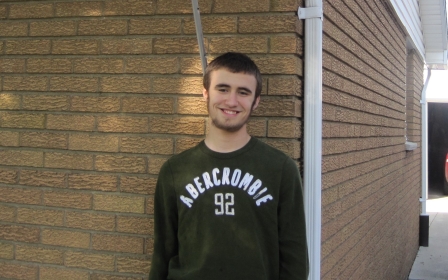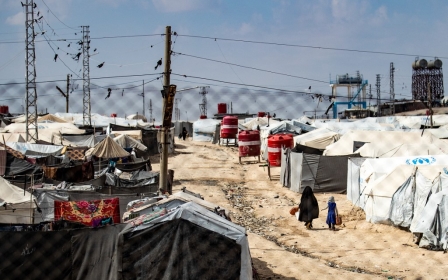Canada: Mothers in Syrian camps given choice to keep children or repatriate them, says report
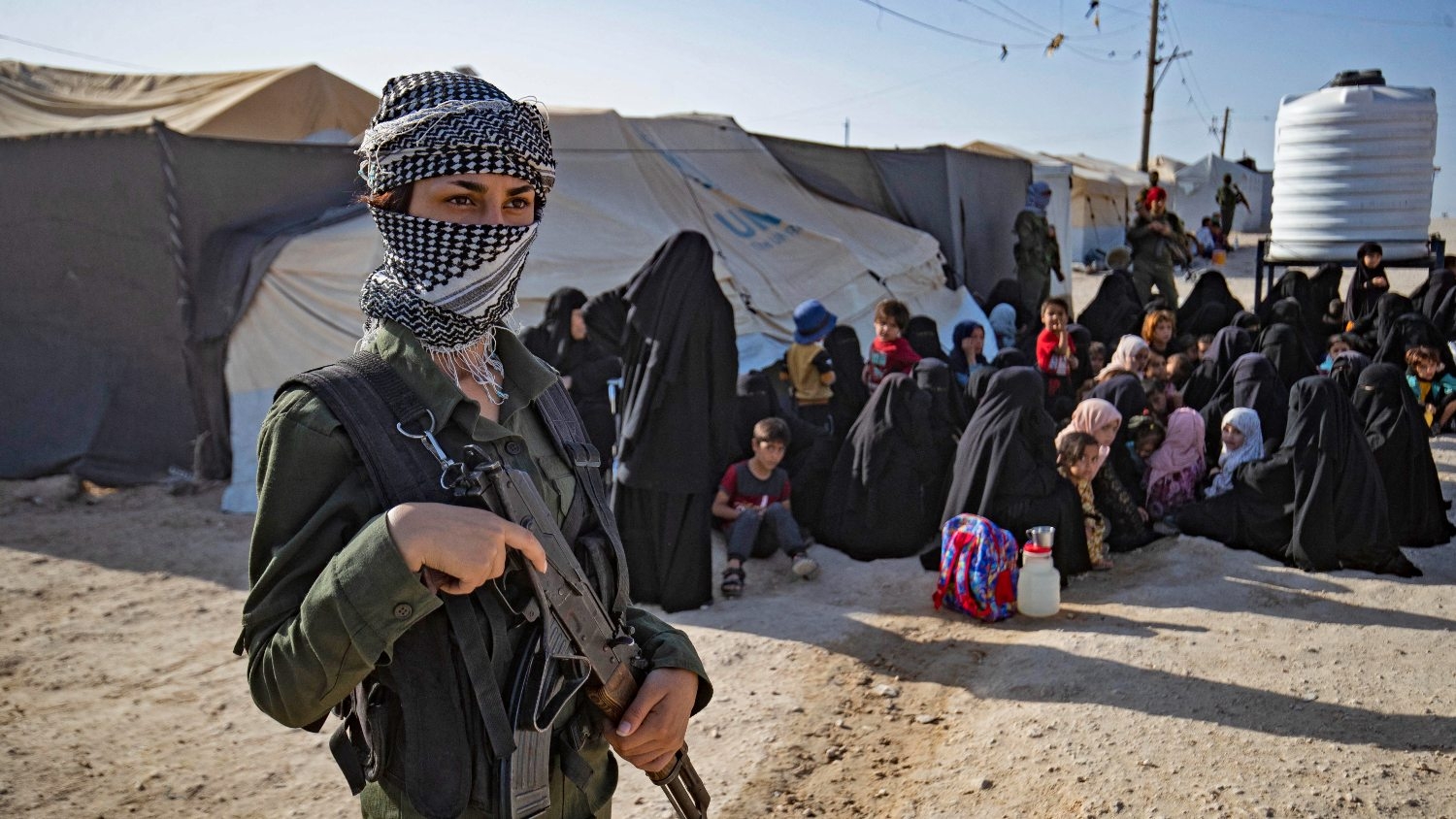
While the repatriation of more than two dozen women and children to Canada is expected to take place in the coming days, the mothers of 10 of those children have been given the choice of giving them up or keeping them in "inhumane" conditions in Syria, according to a Canadian media report.
In January, Canada agreed to repatriate 19 Canadian women and children from northeastern Syria, where they are held in Kurdish-controlled detention camps for relatives of Islamic State (IS) group fighters.
Alexandria Bain, director of Families Against Violent Extremism (Fave), told CBC that an additional 10 children born to four non-Canadian mothers were being qualified to be repatriated, either because they were born in Canada or their fathers are Canadian.
According to a letter sent by Fave to Prime Minister Justin Trudeau, on 27 January, the mothers were contacted by Global Affairs Canada officials, offering to repatriate only the children. The mothers are the sole caretakers of the children.
"The mothers were asked to make a Solomonic decision: save your children but lose them forever - or condemn them with you to a life of hell," reads part of the letter, seen by CBC.
The conditions in the camp are "inhumane, where individuals are arbitrarily detained without trial, live in constant fear of violence, have inadequate access to medical care, and are at risk of severe disease", according to the letter.
Faraz Bawa, a Calgary-based lawyer for one of the women, told CBC that he believes that it's possible the government plans to bring the mothers to Canada but hasn't communicated this, or that it plans to bring the children to Canada and then allow the women to apply for temporary residency permits.
Middle East Eye reached out to Global Affairs Canada, but did not receive a response by the time of publication.
Approximately 10,000 men and hundreds of adolescent boys are held in 14 overcrowded prisons in Syria's northeastern Hasakah region.
Women and children live in two camps, al-Roj and al-Hol, which are home to around 60,000 people, including about 20,000 from Syria, 31,000 from Iraq, and up to 12,000 from other countries.
Many of them have been in captivity since 2019, when Kurdish-led forces backed by an international coalition defeated IS and took control of Syrian territory previously held by the militant group.
The Canadian government repatriated two women and two children from northeast Syria in October last year. Previously, a Canadian four-year-old child was repatriated, though the Canadian government said it had only provided travel documents in that case.
In February, the Canadian government appealed against a court judgment ordering it to repatriate four men detained in northeastern Syria.
Middle East Eye delivers independent and unrivalled coverage and analysis of the Middle East, North Africa and beyond. To learn more about republishing this content and the associated fees, please fill out this form. More about MEE can be found here.


